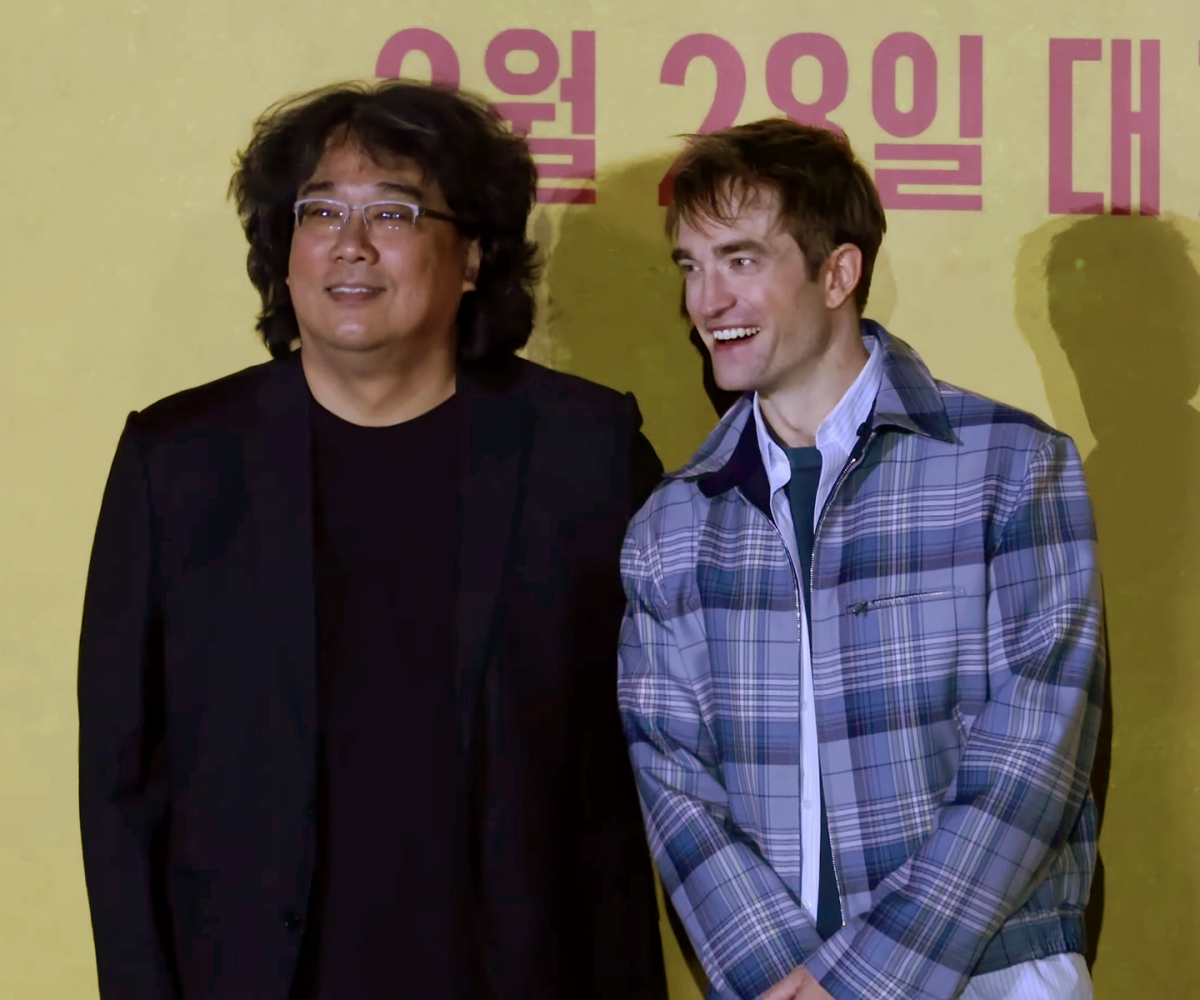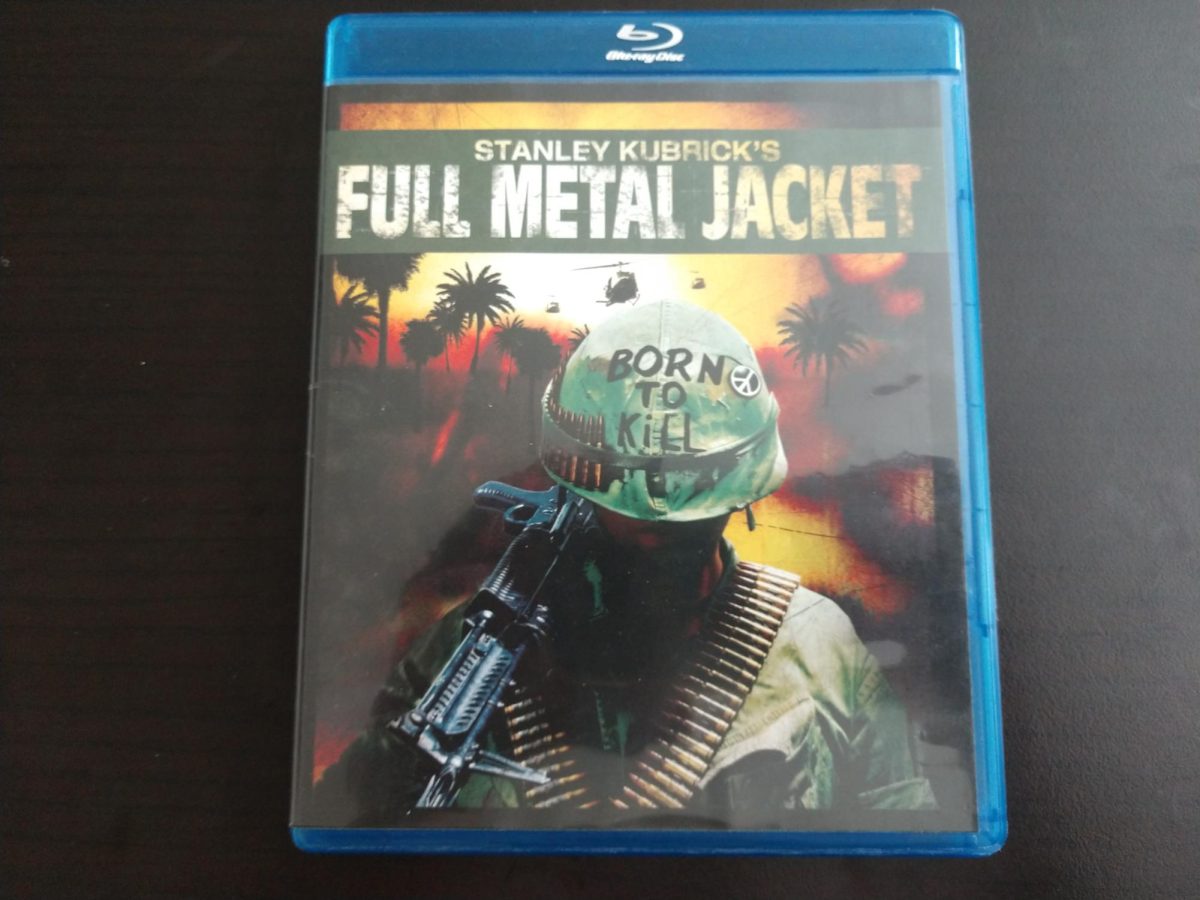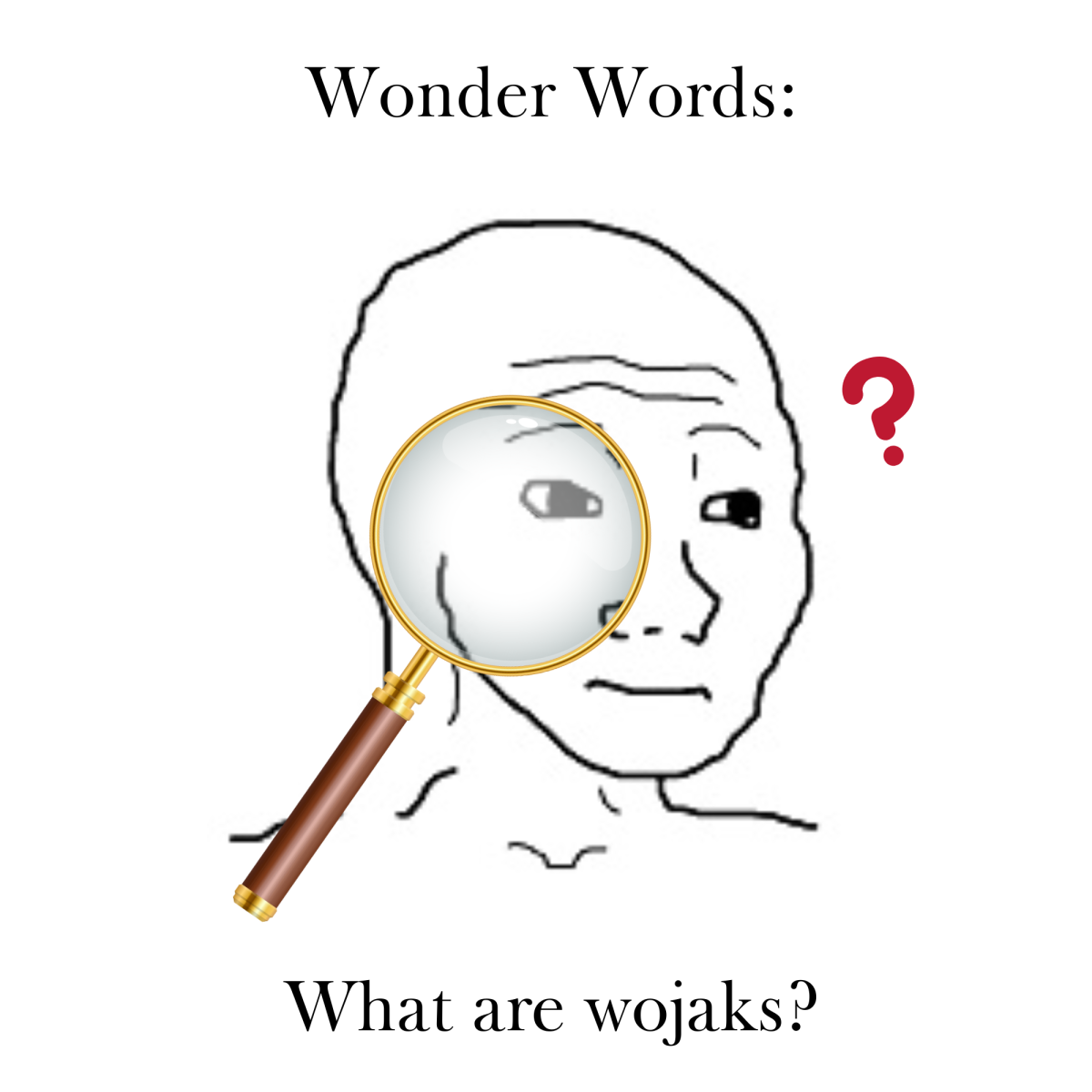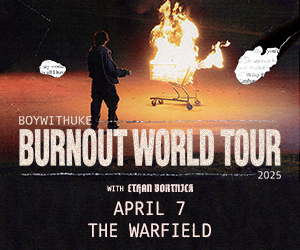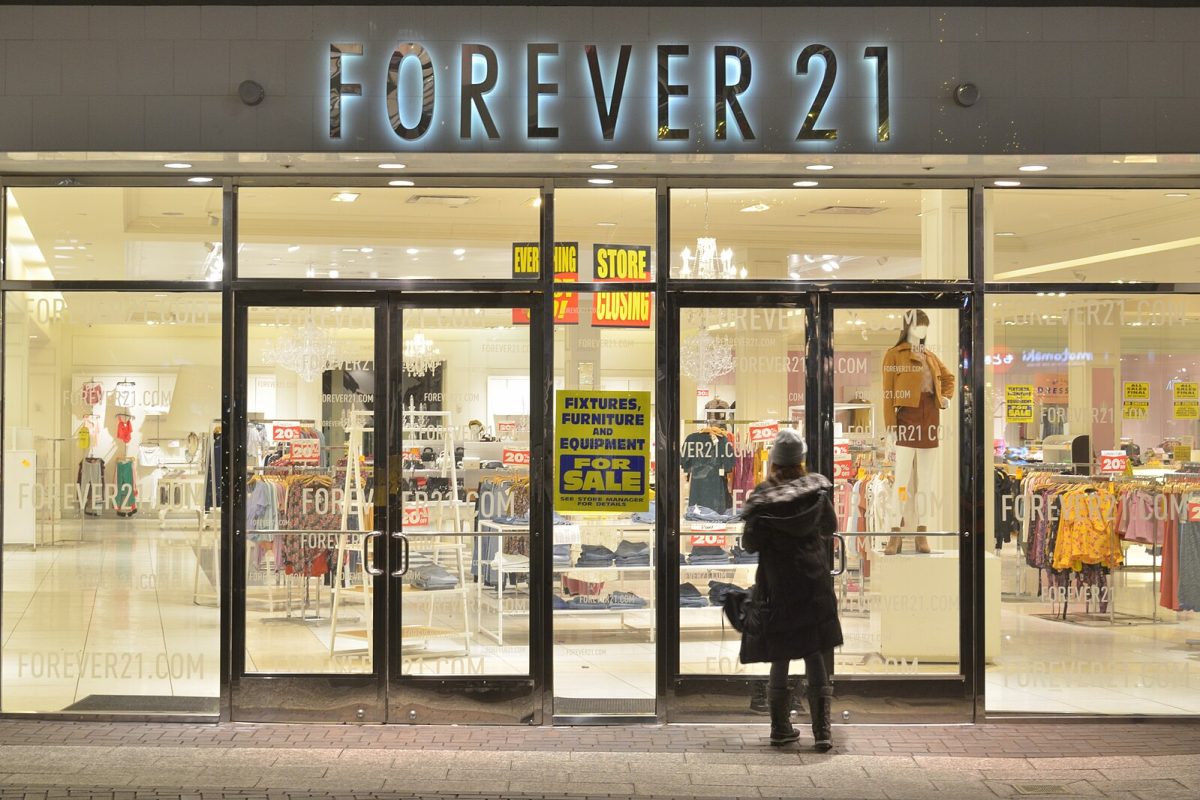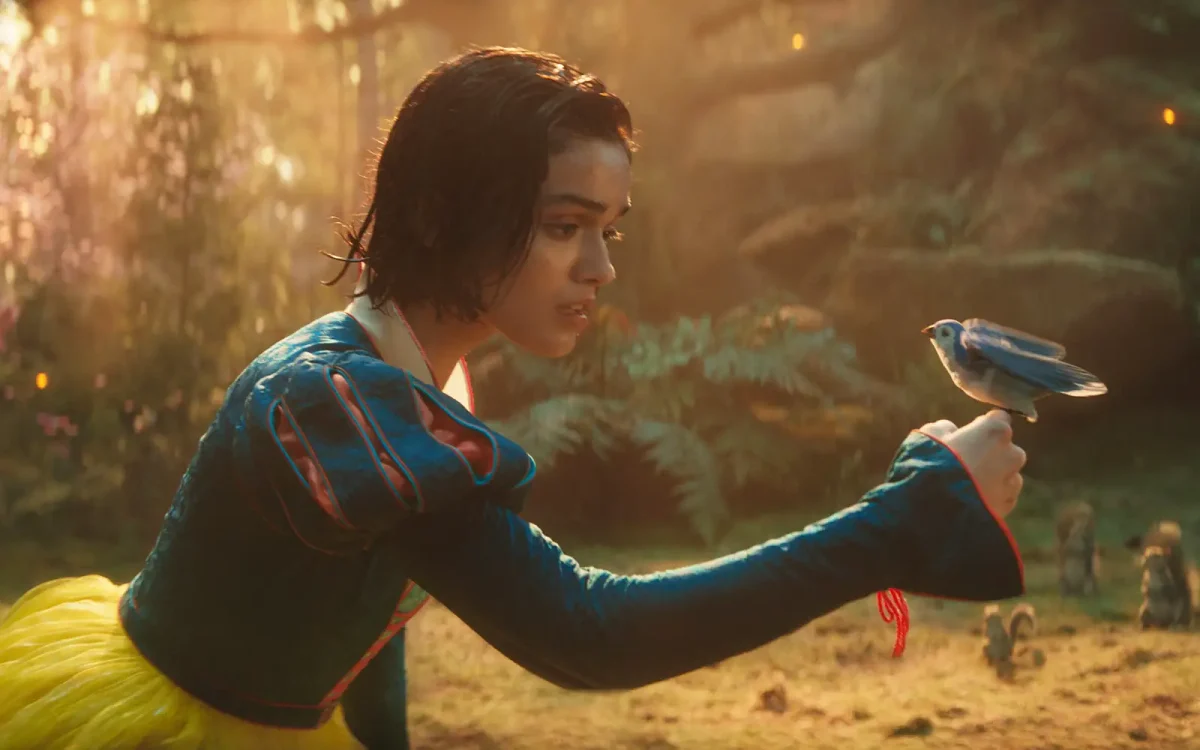Up till now, each of the films I’ve seen from South Korean filmmaker Bong Joon Ho has introduced me to something new. Snowpiercer showed me how tight a story centered around a single, imaginative location can feel. Before Parasite, I would never have willingly watched a psychological horror film; now, I know how absurdist humor and a suffocatingly dark tone can blend to give a movie a palpable atmosphere.
So, coming into a comedic political commentary which belonged to a genre I was already familiar with, I figured Mickey 17 was sure to rank amongst my favorite of Ho’s movies — and perhaps introduce me to elements of the genre I didn’t realize I enjoy. The truth, however, turned out to be a lot more complicated.
Mickey 17 follows the titular Mickey Barnes after signing up to go on an expedition to Niflheim, a newly discovered planet set to potentially be populated by humans. The twist lies in the fact that Barnes signed up as an “expendable”; a class of workers permitted to be used in otherwise illegal human printer technology, whose consciousness can be copied and re-printed into perfect replicas upon death. The plot itself follows “Mickey 17,” the seventeenth iteration of Mickey Barnes, as he grapples with the mistaken printing of Mickey 18, his relationship with onboard policewoman Nasha, and his general place in the prospective new society.
To start with the positives, it is impossible to discuss Mickey 17 without mentioning its presentation. The film is gorgeous. The other films I watched from Ho — Snowpiercer and Parasite — were set mostly in confined spaces, and even then Ho’s direction often managed to make them feel wide and mysterious. Now, with the expansive, snowswept plains of Niflheim, it feels as though Ho’s art direction has been unfettered. Many of the scenes that take place on the planet’s surface feel like something straight out of Interstellar, capturing the frozen planet’s vistas in shots that feel at once quiet and grand. The composition of the film’s climactic action sequence alone make a strong argument for Mickey 17 being a distinctly “theatre movie.”
Even more integral than the cinematography to Mickey 17’s presentation, however, is its soundtrack. On the whole, I would put the film’s music as perhaps its most memorable element. In stark contrast with the film’s futuristic, complicated sci-fi backdrop, its music is all distinctly classical. The tracks are nonetheless tailored perfectly to each scene and range from grand, to irrepressibly frenetic, to sombre, often single-handedly conveying the perfect emotions at many points throughout the film.
But aside from the acting (which is generally great), that’s where the film’s clear wins end. As far as the actual story and themes of Mickey 17 go, I find myself leaning toward the negative.
The standout problem to me was in the film’s messaging. Ho is known for some deep-cutting social commentary. Parasite in particular, received unending accolades for its messages about wealth inequality and the ostracization of the poor, a theme that feels woven through every inch of the movie. Mickey 17 is not nearly as clear about what it wants to say. It dabbles in themes of isolation, climate change, populism, mortality, religion, capitalism, and even eugenics over its two hour and seventeen minute run time, but it never feels like it plants itself firmly in one place. Instead, it stretches itself thin, touching on all of these ideas but never expanding on one in a particularly complicated or nuanced way.
A key example of this was the film’s central antagonist, Kenneth Marshall. Marshall is a failed politician who leads the expedition to Niflheim, viewing it as a second chance at leadership after failing to win Senatorship on Earth. Marshall’s supporters are portrayed as extremely zealous; he is viewed by many on the ship as the macho, willing-to-do-what ’s-necessary leader that they need, despite his dodgy record, problematic views, and evident lack of qualification.
To be blunt: Marshall is a stand-in for Trump. Or, at least, he is meant to evoke him, and through that resemblance allow the film to interrogate how people like Trump come to power, and whether it is human nature to gravitate toward strongman authority figures in times of darkness.
The problem is that Marshall does not do a very good job of this. He isn’t a very good approximation of Trump — he lacks the charisma; the populist, anti-establishment appeal; the demagogic ability to tap into something deep and dark within his times, pulling out frenzied crowds and turning previously despondent voters. Instead, Mickey 17 feels like it opts to take the easier route of just painting Marshall as a bumbling villain. He is frequently evil and stupid to a cartoonish degree, and none of the reasons people worship him feel evident in the character himself. It feels like someone is trying to portray leaders like Trump without actually including any of the things that make them attractive to people, leaving behind a blunt antagonist who adds decent comedic value but does little to foster discussion regarding how people like Marshall actually come to power.
I felt Mickey 17’s other messaging was also largely underdeveloped, though none stood out as glaringly as the questions the film tries to use Marshall to pose. The only exception to this — and probably the film’s best character work in general — was in the aforementioned theme of isolation. The movie explores this through Mickey and Nasha’s relationship, as well as the camaraderie built over time between Mickey 17 and 18. The former had one particularly powerful scene towards the film’s end, capping off the exploration of their relationship with a message about how intimate connections can endure even amongst wide-scale, systemic oppression — one of the only messages in the movie that felt sufficiently developed by the end.
The humor was overall hit-or-miss for me. A few jokes elicited some good laughs, with Steven Yeun’s character acting as a comedic highlight for me whenever present. But oftentimes, the jokes would range from middling to downright bad; the comedy surrounding the two-dimensional Marshall often fell into the former category for me, and the constant sexual jokes made at the expense of Mickey and Nasha’s relationship into the latter.
Overall, I would say Mickey 17 is worth a watch for anyone willing to get a gorgeously presented experience with an interesting concept, but a story that’s just solid and doesn’t say too much of anything. Bong Joon Ho fans might find enjoyment in seeing his familiar, bold artistic style unleashed across big-budget sci-fi settings, but they should not expect as much of Ho’s reputedly expert commentary — at least nowhere near the level of a film like Parasite.

